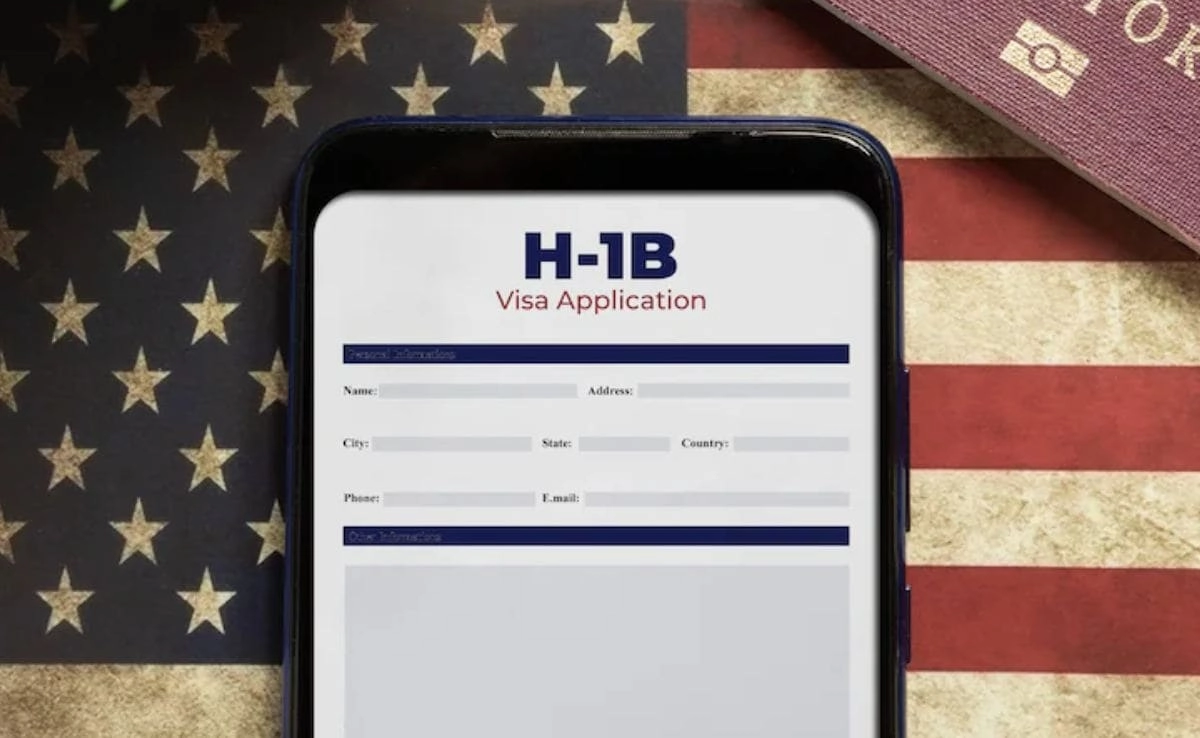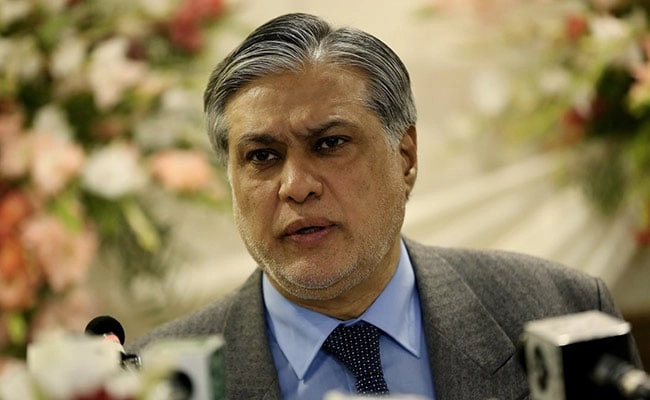The recent changes to the H-1B visa program under the Trump administration have sparked significant concern among Indian professionals who rely heavily on this visa for employment in the United States. The H-1B visa, which allows U.S. companies to temporarily employ foreign workers in specialty occupations, has traditionally been a pathway for many skilled Indian workers, particularly in the technology sector. However, the Trump administration’s push for wage reform has introduced new dynamics that could potentially alter the landscape for these visa holders.
One key aspect of the new wage policy is the proposal to increase the minimum salary requirements for H-1B visa holders. This move aims to ensure that foreign workers do not undercut the wages of American workers, a concern that has been voiced by various stakeholders. While the intention behind this policy may be to protect the American job market, it could inadvertently create barriers for Indian professionals who are accustomed to lower wage expectations compared to their American counterparts. As a result, many companies may find it financially challenging to sponsor H-1B visas, leading to a decline in opportunities for skilled Indian workers.
Additionally, the implications of these policy changes extend beyond just salary adjustments. The increased wage requirements may compel Indian professionals to rethink their career strategies, possibly leading them to seek employment in other countries with more favorable immigration policies. This could result in a talent drain from the United States, as skilled workers explore opportunities in nations that are more welcoming to foreign talent. Furthermore, the heightened scrutiny on H-1B applications could lead to longer processing times and increased denials, further complicating the landscape for Indian professionals seeking to work in the U.S.
In summary, the shake-up of the H-1B visa program under the Trump administration and the associated wage policy changes present a significant challenge for Indian professionals. While the intention behind these reforms may be to safeguard American jobs, the potential repercussions could hinder the ability of skilled workers from India to secure employment in the U.S. Ultimately, these developments may prompt a reevaluation of immigration strategies for many Indian professionals, as they navigate an increasingly complex and restrictive visa environment. The outcome of these policies will not only impact individual workers but could also have broader implications for the U.S. economy, particularly in industries that rely heavily on skilled foreign labor.




